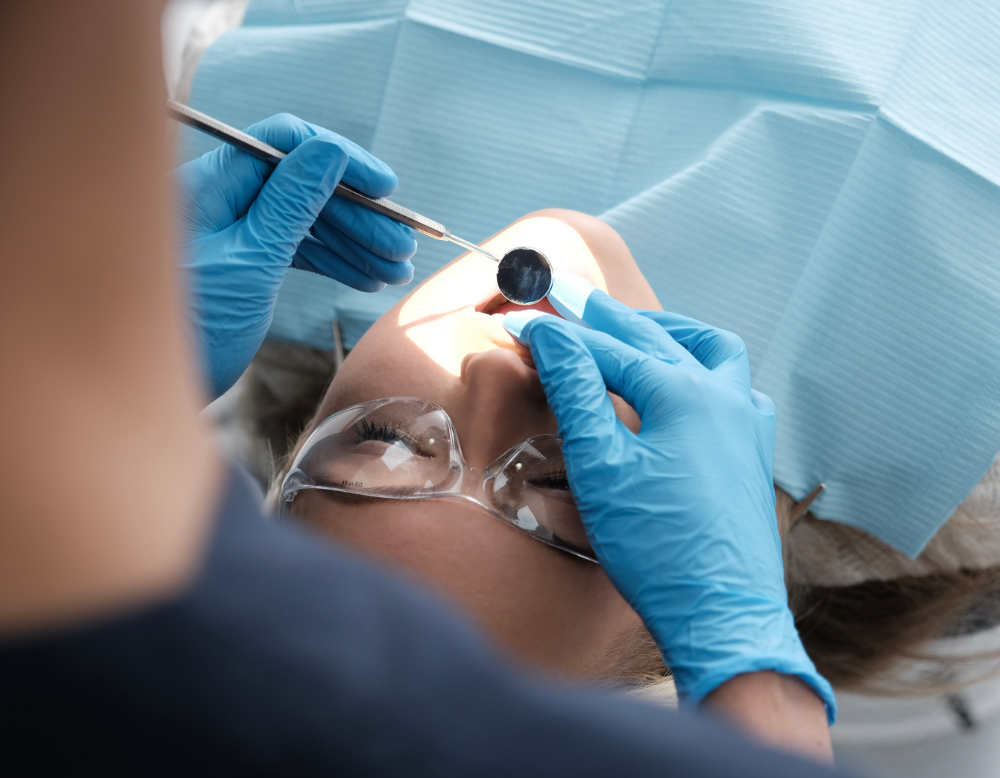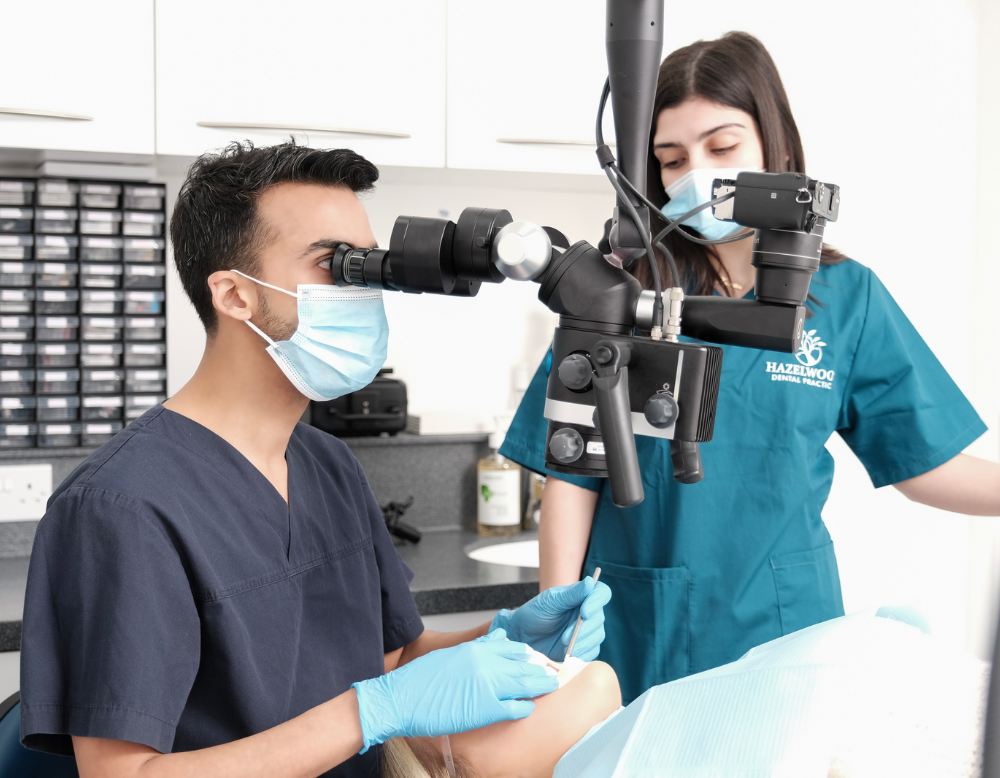









Sensitive teeth are a common problem that can make eating hot and cold foods unpleasant and even painful.
The cause of sensitive teeth is that the enamel gradually wears down over time, which makes the nerves in your teeth closer to the surface. This is why tooth sensitivity occurs more often in older people.
Don’t worry, though, because, in this post, we’ll explain what you can do to reduce tooth sensitivity.
The first thing to do is to switch to a toothpaste that’s designed for sensitive teeth. These kinds of toothpaste are generally less abrasive than regular toothpaste, and they contain ingredients that can strengthen your enamel.
You should definitely use a toothbrush with soft bristles if you aren’t already using one. This is because Toothbrushes with hard brushes can rub away your enamel and make your sensitivity worse.
Many people brush their teeth too hard, which can wear down their enamel. So, when you brush, be careful not to push down too hard. Instead, use a soft, gentle, circular motion with your toothbrush. It’s kinder on your teeth but still removes plaque and germs.
You could also consider buying an electric toothbrush, as some of these are designed to warn you when you’re applying too much pressure.
Acidic foods and drinks, like orange juice, for example, can damage your enamel, which in turn can cause tooth sensitivity. For this reason, it’s best to reduce your consumption of acidic foods and drinks if you’re suffering from sensitive teeth. Also, remember that you should never brush your teeth immediately after consuming acidic foods because the combined action of the acidity and the brushing can hurt your enamel.
If none of the above methods worked, then consider using a numbing gel from a pharmacy. Most numbing gels can be obtained without a prescription. They are designed to numb the nerves in your teeth, thereby eliminating tooth sensitivity. However, it is best to speak to a dentist before using a numbing gel in the long term.
For some people, tooth sensitivity is caused by the grinding of their teeth during the night. Teeth grinding – also known as bruxism – can weaken your enamel and thereby lead to pain and sensitivity.
If you grind your teeth, then the solution is to wear a nightguard during the night. The nightguard will protect your teeth as you grind them.
To find out whether you need a nightguard, see your dentist. They will be able to tell you if you might benefit from a nightguard.
It’s always a good idea to talk to your dentist about any dental problems you’re suffering from, whether the problem is teeth sensitivity, pain or anything else. Your dentist can uncover the underlying cause of your problem, and together, you can work on a treatment.
Furthermore, dentists can offer special treatments for sensitive teeth that you won’t be able to get elsewhere. This includes a fluoride tray, fluoride varnish and prescription toothpaste.
If you’d like to speak to a dentist about your teeth sensitivity, make an appointment by calling our friendly reception team.
Back to Blog
“I had a tooth extraction with Dr Femi and his nurse, Christine, today; they are the best! I was very nervous, and they both made me feel at ease, ensured I was okay and explained the process in detail to me. I am very happy and already feel better. Dr Femi is the best and...”
“I’m so happy I’ve been given the all-clear after being fitted with dental implants. Thank you, Dr Hussein Asaria, for performing the surgery with minimal discomfort and feeling so at ease throughout the procedure. I am so glad the procedure went smoothly, and I recovered really well. I am pleased with the results and wish...”
“I was a nervous patient and was worried about having my tooth taken out. Dr Femi and his nurse were so amazing. I had a denture to be fitted, and he did that. It was done very quickly, and the nurse was very caring. I have to say I have had no pain since. This...”
“Dear Hazelwood Dental Practice, just to let you know that Femi and Christina did a fantastic job on my mother removing 3 front teeth. She had a bit of pain with the injections, but apart from that, there was no pain with the removal of the teeth and no pain thereafter. As my mother was...”
“I had a tooth extraction with Dr Femi and his nurse, Christine, today; they are the best! I was very nervous, and they both made...”
“I’m so happy I’ve been given the all-clear after being fitted with dental implants. Thank you, Dr Hussein Asaria, for performing the surgery with minimal...”
“I was a nervous patient and was worried about having my tooth taken out. Dr Femi and his nurse were so amazing. I had a...”
“Dear Hazelwood Dental Practice, just to let you know that Femi and Christina did a fantastic job on my mother removing 3 front teeth. She...”
Error: No connected account.
Please go to the Instagram Feed settings page to connect an account.


